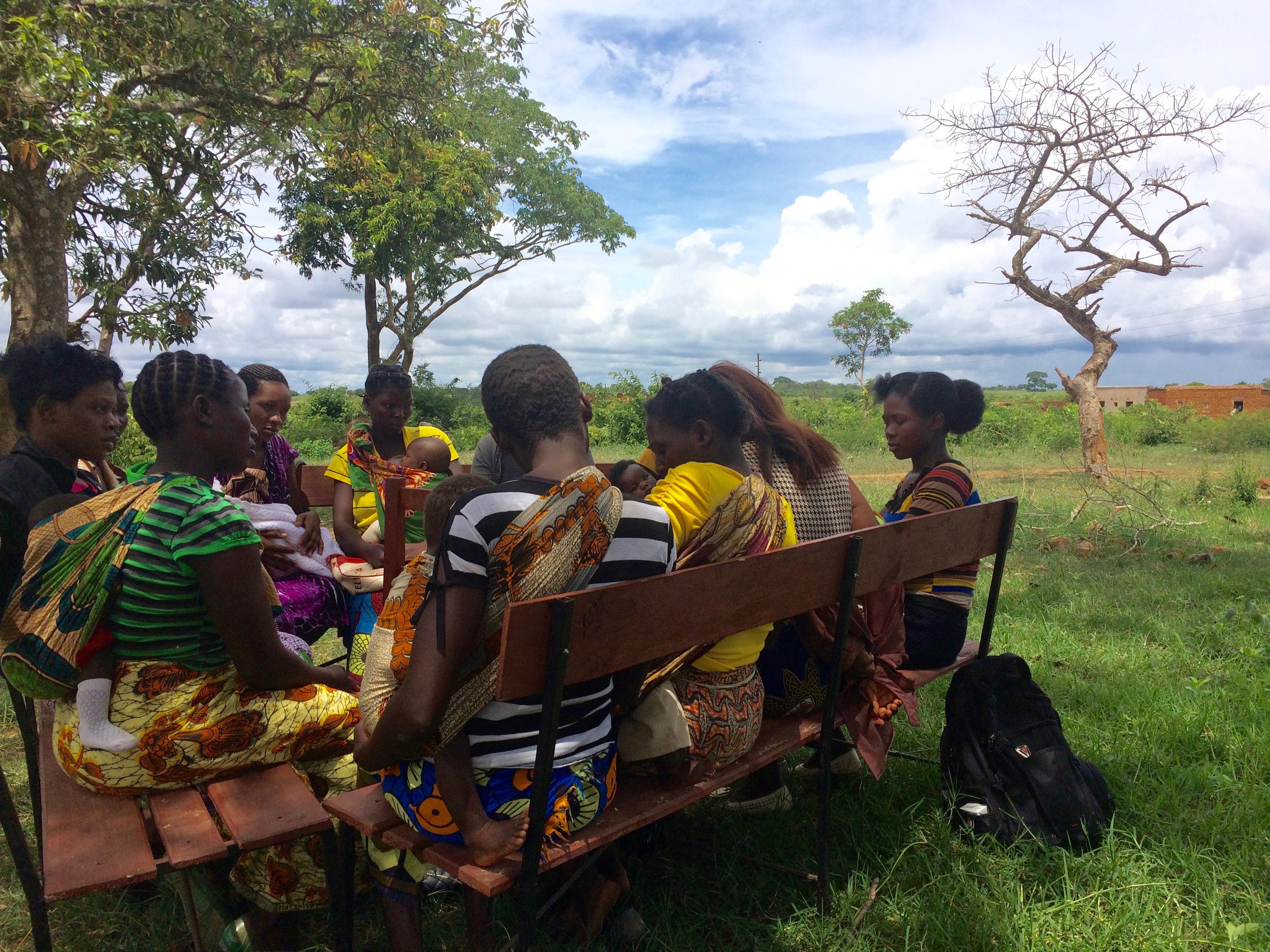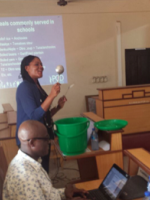Bio:
Dr. Matare is trained as a nutritionist and holds a PhD in International Nutrition from Cornell University. Prior to joining the IMMANA program, Dr. Matare was part of the Implementation Science and Interventions team for the Sanitation, Hygiene and Infant Nutrition Efficacy (SHINE) Trial in Zimbabwe. During this time, she led the development of an intervention to promote and support exclusive breastfeeding among women enrolled in the study, and also led work around caregiver capabilities for uptake and utilization of SHINE interventions. Dr. Matare also worked on various maternal, infant and young child nutrition programs during her time as a nutritionist under the Ministry of Health and Child Care in Zimbabwe.
Project Summary:
Child feeding and care practices are constrained by other maternal obligations, such as agricultural production, obtaining water and fuelwood, cooking and cleaning and other household activities. Women’s time use has been difficult to measure due to its variation from day to day, as well as location-specific differences in how time allocation is conducted and described. This study will use two rounds of focus group interviews among a diverse sample of mothers with infants and young children in the Lundazi and Chadiza districts of Zambia to generate a stylized time allocation instrument, whose results will then be validated by direct observation of time use for a subsample of participants. The validated time allocation survey instrument will then be available for use across Zambia, while this approach to generating location-specific questionnaires can be replicated elsewhere
Publication:
Effects of dietary and health factors on nutritional status of children in pastoral settings in Borana, southern Ethiopia, August–October 2015








